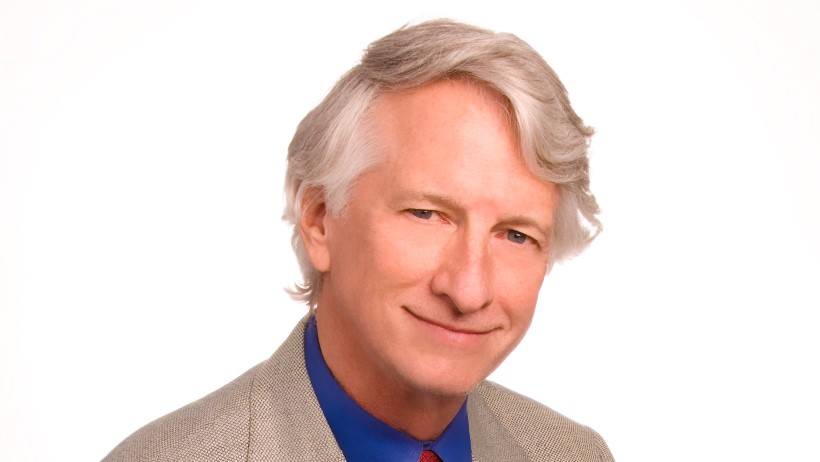Like millions around the world, Dr. Michael S. Lewis was enthralled by the ESPN documentary, The Last Dance , which chronicled the Chicago Bulls basketball dynasty when the team, led by Michael Jordan, won six NBA championships.
But Lewis didn't really need to watch it; he lived it. He was the team's orthopedic surgeon during their last two championship years. He pops up in The Last Dance , but if you blink, he jokes, you'll miss him.
Lewis could probably dine out for the rest of his life on his Michael Jordan stories alone, but as a motivational speaker at area synagogues and other forums, he is a devout believer in poet Mary Oliver's dictum: "Pay attention, be astonished, and tell about it."
He has done this with his memoir, The Ball's in Your Court , in which he not only shares priceless behind-the-scenes stories from his years with the team, but also what he learned about "what it takes to be world-class champions, and how we can apply that knowledge to our own lives."
Lewis originally conceived of the book as a gift to his grandchildren, just "some thoughts so they will have a little more idea of who their grandfather is," he said. But people with whom he shared early chapters told him his stories about the Bulls and its legendary players at the height of their success had a much broader appeal. And when - after more than two decades - he found a diary he kept during that period, he rediscovered stories and incidents from that period that were at once entertaining, insightful, and inspiring, and, in the opinion of friends and family, book-worthy.
Such as one story concerning Bulls center Bill Wennington, who in 1994, had to miss a plane out of O'Hare because some medical test results that would have given him permission to travel had not yet come in. That flight crashed two hours after taking off. Wennington shared with Lewis that narrowly avoiding this catastrophe inspired him to "put even more energy into being a better husband, father, and teammate," he writes, "as well as focusing more on his charity."
Bulls-mania during the six-championships run was a global phenomenon, as Lewis found out from friends overseas who watched Bulls games and saw him on TV. One patient of his, he still marvels, was in the Peace Corp in Mauritania and spotted Lewis while watching a game in the middle of the Sahara desert on Moroccan TV (and in French, yet).
Lewis, a Houston native, grew up a sports fan, but when he was given the opportunity to work with the Chicago White Sox, he knew that the last thing the players wanted or needed was a star-struck doctor. "It required discipline to treat everyone professionally," he said. "And that experience helped when I began working with the Bulls and the most famous athlete on the planet."
Meeting Michael Jordan was initially "traumatic," Lewis said, as Jordan had enjoyed his relationship with the previous doctor. But over time, the Bulls star came to respect his new doctor.
Jordan's commitment to his fans and the team "was higher than anyone else's," in Lewis' opinion. "There was a game against Minnesota. He couldn't move his neck one inch in any direction. Ten minutes before the game, I suggested he not play that night. He looked at me like I was crazy. He said, 'Fans have come to see me play; I'm not going to disappoint them.'"
Lewis concludes the book with a list of lessons in leadership, friendship, and appreciating life's blessings the players embodied on and off the court. "I try every day to put these life lessons into practice," he said. "Each morning, I think of three things from the day before for which I am grateful, and then I think of random acts of kindness I can perform as a way of expressing my gratitude. If I had to give one life lesson to my grandchildren, it would be to perform acts of kindness without expectation of anything in return."
For more information about Lewis' motivational appearances, visit michaelslewismd.com or email him at mlewis2642@aol.com .
Donald Liebenson is a Chicago writer who writes for VanityFair.com, LA Times, Chicago Tribune , and other outlets.




.jpg)



